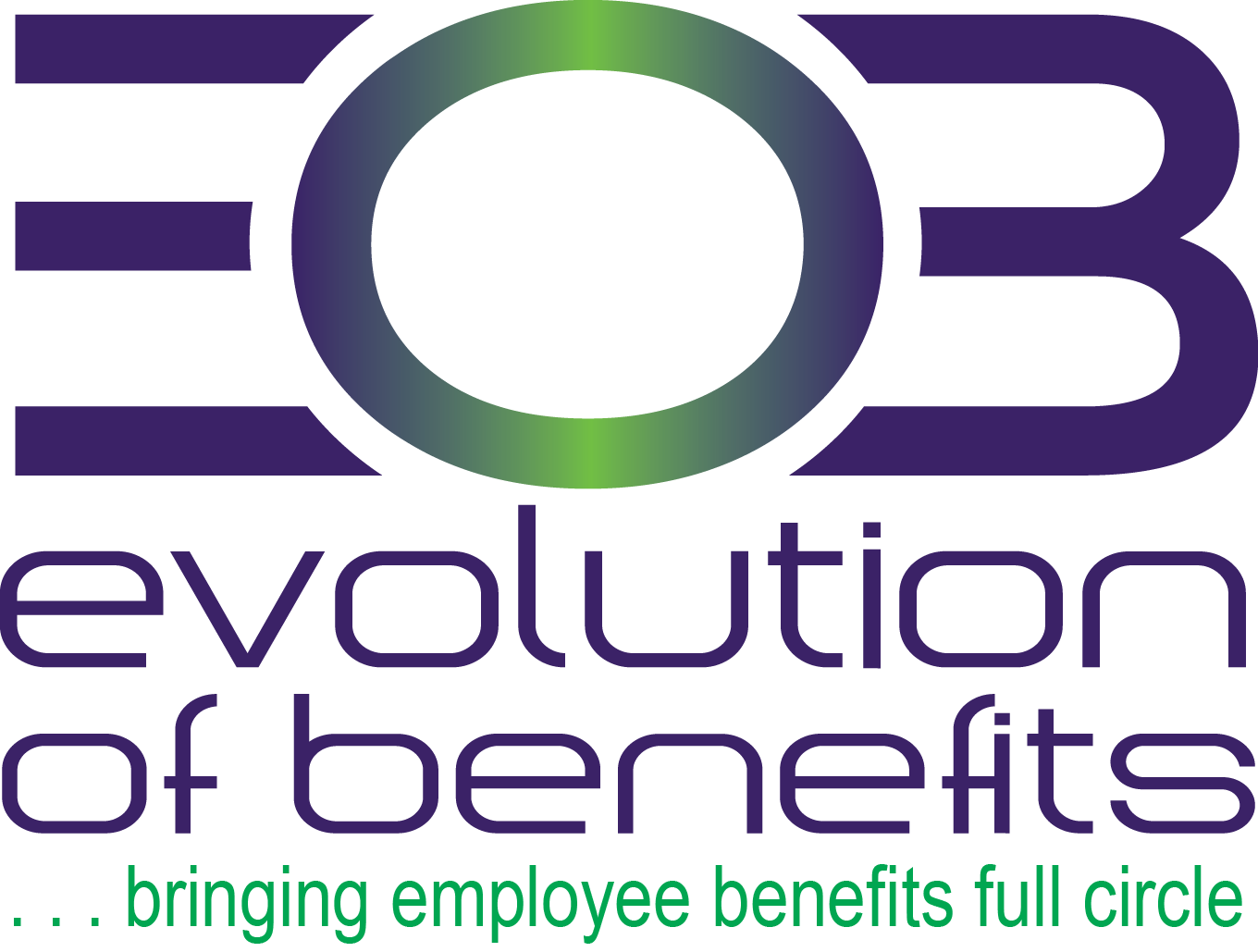Legal Update: CMS Status Update on Advanced Explanation of Benefits Implementation

On April 23, 2024, the Centers for Medicare and Medicaid Services (CMS) provided a status update on the progress it is making toward implementation of the advanced explanation of benefits (AEOB) transparency provision of the Consolidated Appropriations Act (CAA). While the AEOB requirement was originally effective in 2022, federal agencies delayed the requirement for plans and issuers to provide AEOBs until implementation rules could be issued.
Posted on May 1, 2024 by EOB
Legal Update: DOL Issues Final Retirement Security Rule and Related Amendments to PTEs

On April 23, 2024, the U.S. Department of Labor (DOL) issued a final retirement security rule updating the definition of an investment advice fiduciary for purposes of the Employee Retirement Income Security Act (ERISA). The DOL also separately released amendments to class prohibited transaction exemptions (PTEs) available to investment advice fiduciaries.
The final rule and amendments to the PTEs generally take effect on Sept. 23, 2024.
Posted on April 30, 2024 by EOB
Legal Update: HHS Finalizes Rule to Strengthen Reproductive Health Care Privacy

The U.S. Department of Health and Human Services (HHS) has issued a final rule that strengthens the HIPAA Privacy Rule by prohibiting the disclosure of protected health information (PHI) related to lawful reproductive health care in certain situations. According to HHS, these new protections are necessary to protect access to and privacy of reproductive health care following the U.S. Supreme Court’s decision in Dobbs v. Jackson Women’s Health Organization.
Posted on April 29, 2024 by EOB
Legal Update: EEOC Releases Final Rule Implementing Pregnant Workers Fairness Act

On April 15, 2024, the U.S. Equal Employment Opportunity Commission (EEOC) released a final rule to implement the Pregnant Workers Fairness Act (PWFA). The final rule clarifies definitions and limitations under the PWFA and seeks to help employers understand their duties under the law. The final regulation will be published in the Federal Register on April 19, 2024, and becomes effective on
June 18, 2024.
Posted on April 26, 2024 by EOB
Legal Update: Deadline Reminder: RxDC Reports Are Due by June 1, 2024

Group health plans and health insurance issuers must annually submit detailed information on prescription drug and health care spending to the federal government. This reporting is referred to as the “prescription drug data collection” (or “RxDC report”). This is an annual reporting requirement—plans and issuers must submit these reports by June 1 of each year
The next RxDC report is due by Saturday, June 1, 2024, covering data for 2023.
Posted on April 24, 2024 by EOB
Legal Update: US Supreme Court Rules That Mandatory Job Transfer Can Be Discriminatory Under Title VII

On April 17, 2024, the U.S. Supreme Court issued a unanimous decision in Muldrow v. City of St. Louis, holding that a mandatory job transfer can constitute illegal discrimination under Title VII of the Civil Rights Act of 1964 (Title VII) if it causes harm with respect to an identifiable term or condition of employment, even if the harm is not significant.
Employers may consider greater care in mandating employee transfers, including lateral job transfers, to ensure that such decisions are not discriminatory and do not result in even insignificant harm with respect to identifiable terms and conditions of employment.
Posted on April 22, 2024 by EOB
Legal Update: ACA Information Reporting Penalties Increased for Returns Filed in 2025

IRS Revenue Procedure 2023-34 includes updated penalty amounts that may apply to reporting entities that fail to comply with the Affordable Care Act’s (ACA) requirements under Internal Revenue Code Sections 6055 and 6056. The increased amounts apply to 2024 information returns and individual statements that are required to be filed and furnished in 2025.
Posted on April 18, 2024 by EOB
Legal Update: Upcoming EEO-1 Reporting Deadlines

Under Title VII of the Civil Rights Act (Title VII), employers with 100 or more employees and certain federal contractors must submit a report about their workforces to the Equal Employment Opportunity Commission (EEOC) by March 31 every year.
The EEOC expects to open the portal for employers to begin entering 2023 EEO-1 information on April 30, 2024. The EEOC has also set a new deadline of June 4, 2024, for the 2023 reports.
Posted on April 15, 2024 by EOB
Legal Update: Biden Budget Proposes National Paid Family and Medical Leave

President Joe Biden’s proposed budget for fiscal year 2025 includes a national paid family and medical leave program and urges Congressional action on mandatory paid sick leave.
Biden’s budget would establish a national paid family and medical leave program that would be administered by the Social Security Administration and provide workers with progressive, partial wage replacement to take time off for family and medical reasons.
Posted on March 22, 2024 by EOB
Legal Update: EEOC Releases Data Dashboard from 2017 and 2018 Pay Data Collec

***For Private Groups 100+ or Federal Contractors 50+
On March 12, 2024, the U.S. Equal Employment Opportunity Commission (EEOC) made available aggregated data it received from employers and certain federal contractors regarding employee pay band by race, sex, ethnicity and job group during 2017 and 2018. This information is now available on a new interactive data dashboard called “EEOC Explore” that aims to promote pay equality by allowing industries, employers and individuals to assess how their pay by sexand race compares to others in their industry, job category or state.
Posted on March 15, 2024 by EOB
Client and Employee Resources
![]() The more your employees understand your benefit plans the more they become educated, empowered consumers. The programs you provide will also gain an enhanced value.
The more your employees understand your benefit plans the more they become educated, empowered consumers. The programs you provide will also gain an enhanced value.
As your strategic partners in employee benefits, we can provide multiple avenues of ongoing support, including:
- Employee Meetings (English and Spanish)
- Webcasts
- Payroll Stuffers
- Poster Campaigns
- Newsletters
Recent Posts
- Employee Engagement Tips for Small Businesses April 15, 2025
- CMS Finalizes Revised Simplified Determination Method for 2026 Creditable Coverage Determinations April 15, 2025
- DOL Updates Model Employer CHIP Notice April 15, 2025
- HR Insights – Engaging Generation Z in the Workplace April 15, 2025
- Stress Vs. Anxiety April 15, 2025
- Celebrate National Pet Day by giving your furry friend extra love! Show off those pets 🐾💛 April 11, 2025
- Recipe of the Month – Pineapple Chicken (April) April 11, 2025
- Staying Educated on Mental Health Benefits April 11, 2025
- ‼️USCIS Updates Form 1-9 and E-Verify‼️ April 9, 2025
- ⚕Mental Health Care Benefits Strategies⚕ April 9, 2025
Newsletter and Article Categories
E-Verify is a web-based system that allows enrolled employers to confirm the eligibility of their employees to work in the United States. Click the image below to begin.




















